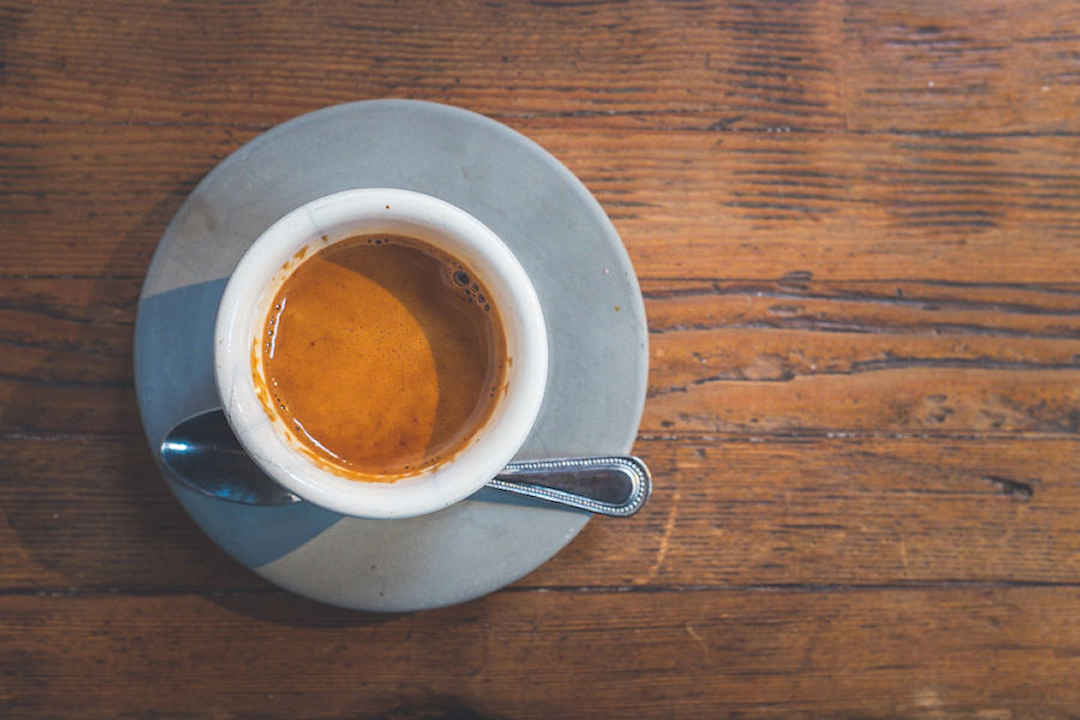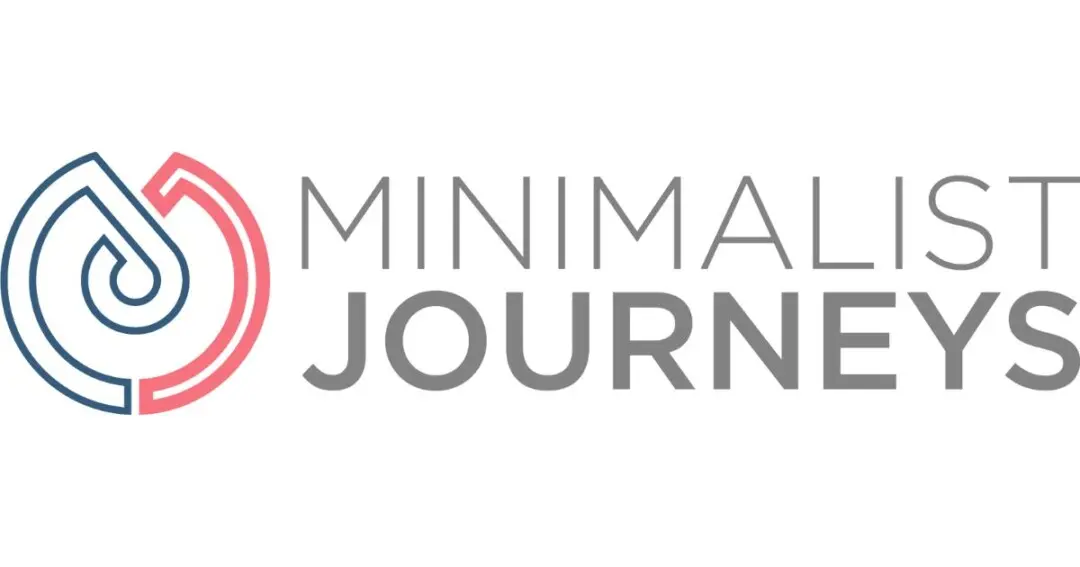This article may contain links to products and services we use and recommend. We may receive compensation when you click on links to those products. For more information, see our Disclosure Policy.
Humans cannot live without air, water, food and protection from the elements. But we can all live without most things. So maybe this article should be titled Ten things I don’t WANT to live without.
Minimalism is often associated with getting rid of things. So, when a non-minimalist friend asked me what I would never get rid of, I sat down to reflect… and came up with this list (in no particular order).
Good coffee in the morning
It is not an addiction (anymore), but I do like to drink a cup of good coffee in the morning. If I’m at a café, I order a long black—a double espresso over hot water in a 200ml cup (more potent than an Americano but weaker than a double espresso).
In January 2020, Sandra and I explored the city of Antalya in Türkiye. While there, we also got some dental treatments done. I had my teeth whitened and decided to reduce my coffee intake to once a week only, on the weekend—sort of a treat. But I also want to not return my teeth to their state before… yellowish. I went cold turkey (excuse the pun) and had massive withdrawal symptoms for about a week (enormous head and body aches, not dissimilar to flu symptoms). This shows that even a few cups of coffee a day can make you addicted to caffeine.
Fast-forward to today, and I still have one or two cups of coffee daily. But I’m more conscious of my consumption and aware of its effects.
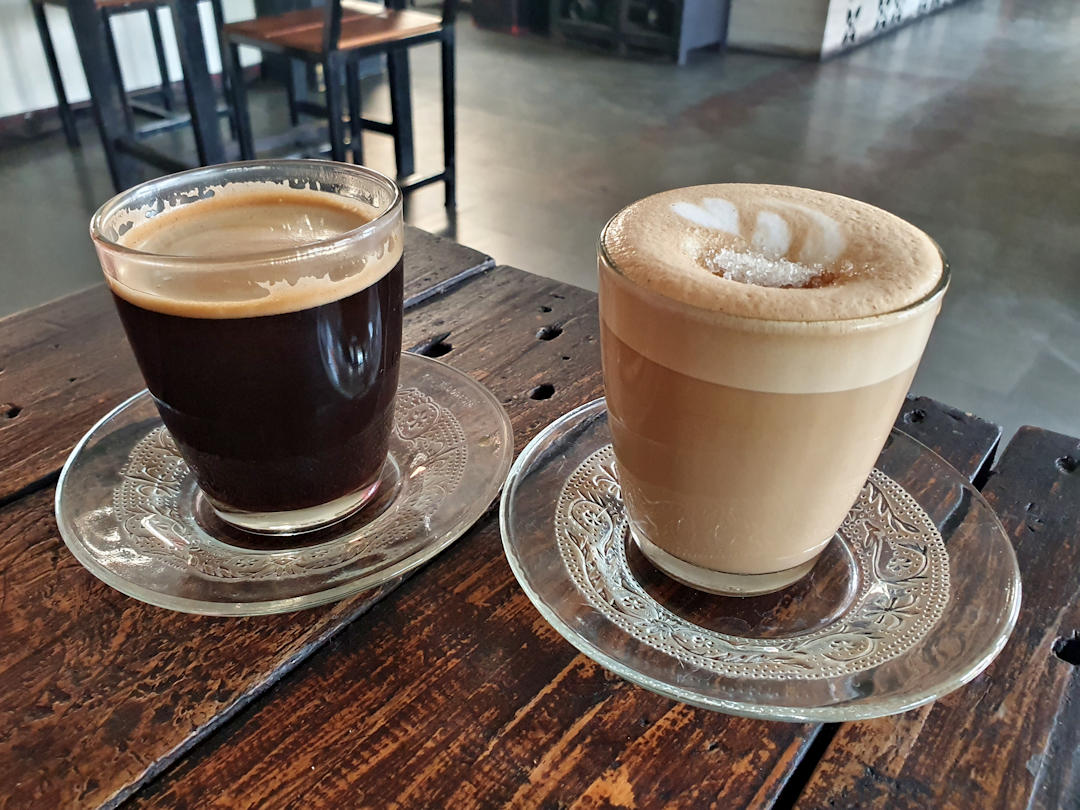
I used to be addicted to coffee... now I choose to have (only) 1-2 cups a day
Running
Before I was even ten years old, I ran. My stepbrothers made me run to the local convenience store to buy their cigarettes and drinks. If I didn’t return fast enough, I’d get a thumping. I learnt to be fast at an early age.
Moving to Auckland to live with my mother in my teenage years, I carried on running with dreams of going to the Olympics. My heroes include the New Zealand athletics greats – John Walker, Dick Quax and Rod Dixon. Joining the Auckland YMCA Marathon Club, I decided to run a marathon while still at Auckand Grammar School. I was 15. They said I couldn’t do it. I wasn’t allowed to do it. In fact, I had to lie on the entry form as the official minimum age was (and still is) 18. I ran the 1981 Fletcher Challenge Marathon in Rotorua, New Zealand and finished in 3 hours 59 minutes. I was elated. Before I turned 20, I’d run another nine marathons. I came first in my age group (Male Under 20) at the 1985 Winstone Marathon at Wiri in 2 hours 54 minutes.
Due to work commitments (I ran a sports timing business), I didn’t run for 12 years from my late 20s. But when I turned 39, I started again and haven’t stopped since. I try to run at least five days a week and always have a big goal to aim for. Among these goals was to run the New York City Marathon with my son, Benjamin – which we did in 2016. It was his first, one of my proudest father-son experiences. Running gives me purpose. And it is excellent for my mental health.
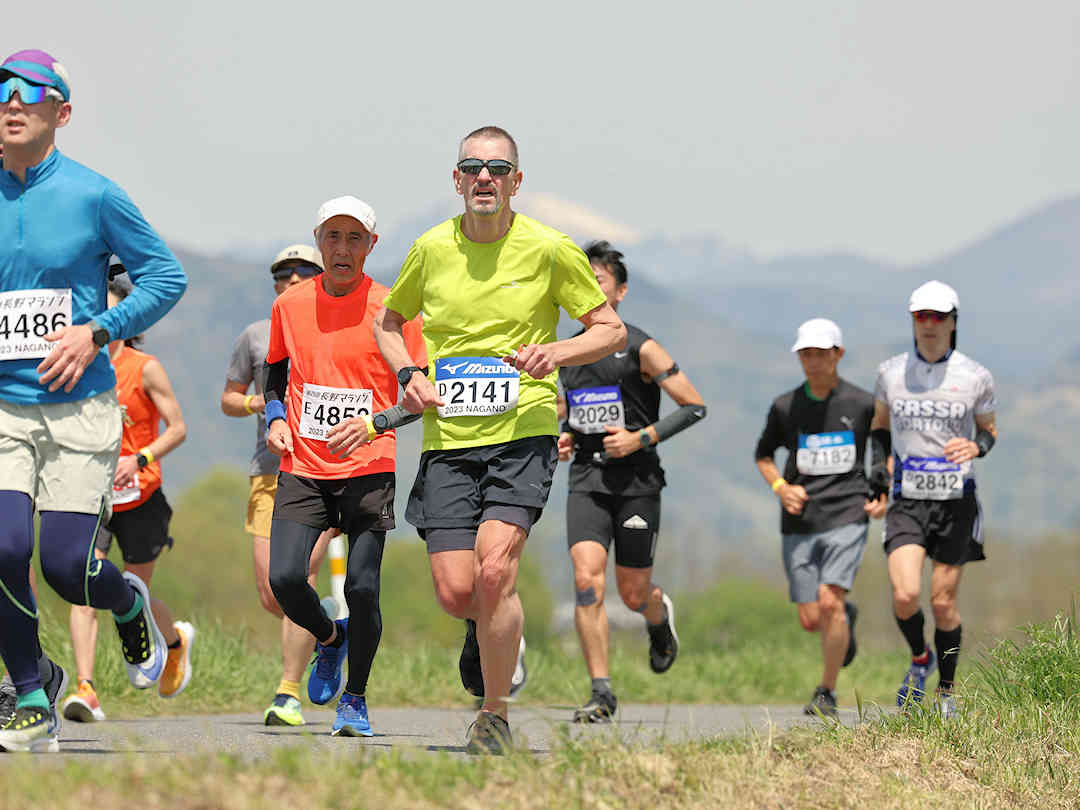
Running midway through the 2023 Nagano Marathon - I have a goal of completing a marathon on every continent before I turn 60
Do you love to run while exploring new destinations?
Packing the right running gear is crucial to maintaining your routine on business or leisure trips. As a seasoned runner, I always seek the best minimalist gear to make travel runs seamless and enjoyable. Do you have any recommendations or tips for the ultimate packing list? Share your insights and help fellow runners optimise their travel kits.
Keeping in contact with my children
Whether via email, Messenger, or just by reviewing their social media pages, my kids’ activities, plans, and feelings are important to me. I don’t worry about them; I love them so much that they are regularly on my mind. I miss them a lot while we travel the world, but I also take comfort in knowing they live their lives to the fullest.
My oldest son, Matthew, has Cystic Fibrosis, an inherited disorder that causes severe damage to the lungs, digestive system and other organs. In 2020, at the height of COVID-19 restrictions, he had a double lung transplant at Auckland Hospital. His health had deteriorated over the years, and we were glad to be back in New Zealand during that time to support him. He now leads a relatively healthy life, thriving in a full-time job, going to the gym, and even being able to run (occasionally even with me).
My younger son Ben married his childhood sweetheart, Miky, and they have two wonderful children, Rosie and Penny. They are both successful, busy, professional parents who have a great work/life balance attitude. We miss them all when we are away, but we always (try to) have quality time when we return to New Zealand.
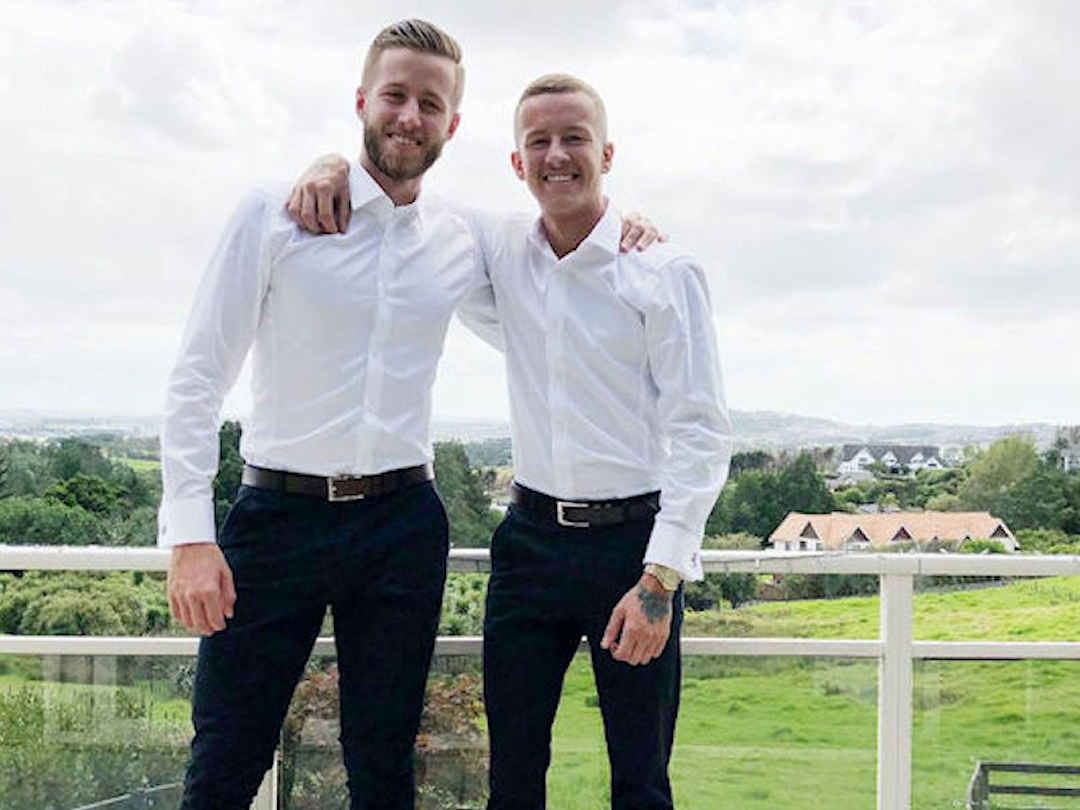
Ben and Matt are best friends and the best sons a father could ask for
Having my wife by my side as we take our journey together
Since we started our minimalist journey in 2016, Sandra and I have been together almost 24 hours a day. I know it takes a strong relationship to sustain the equilibrium and commitment we have for each other. Our very similar values help. I enjoy being able to discuss almost anything with her. I couldn’t imagine taking this journey with anyone else. It is a unique partnership that works for us.
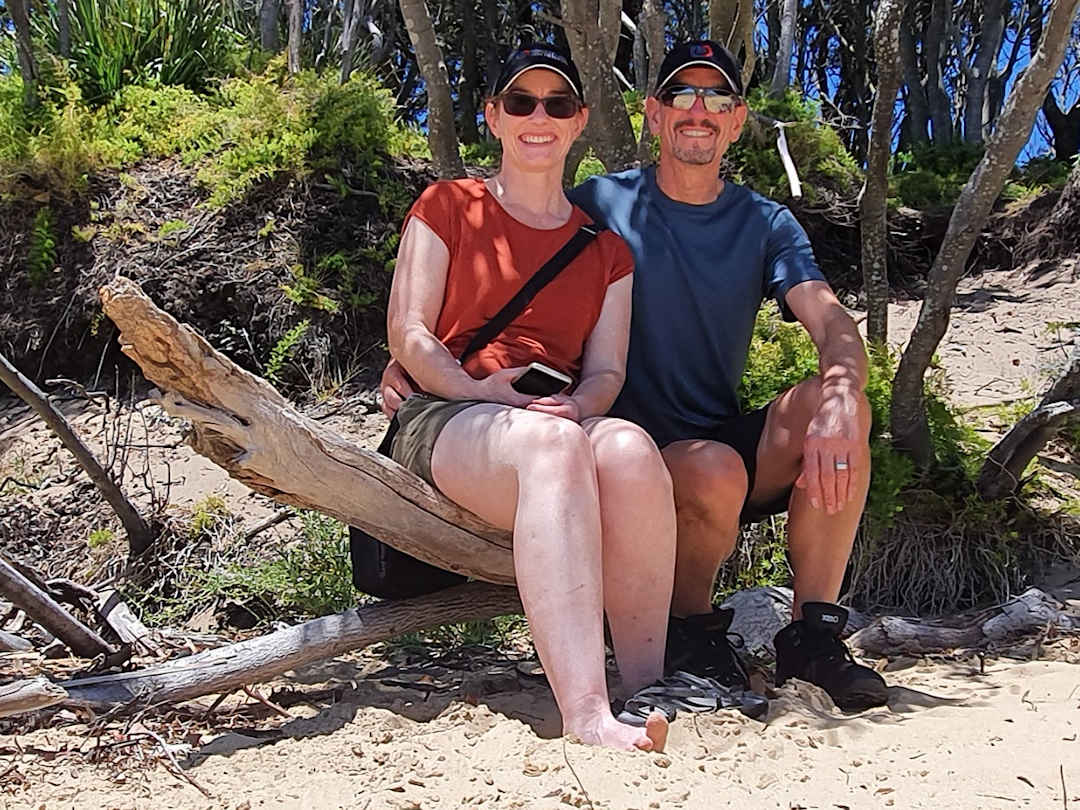
My wife is my partner in life and in business - I couldn’t imagine taking this journey with anyone else
Learning
Mahatma Gandhi is credited with the following quote: Live as if you were to die tomorrow, but learn as if you were to live forever. I wasn’t the brightest or most attentive student at Auckland Grammar School and wasn’t encouraged to go to University after that. A job and settling down were priorities in my late teen years. However, I did enjoy scholastically taking short courses on topics that advanced my career.
Joining the New Zealand Army almost straight out of school allowed me to obtain trade qualifications that I wouldn’t have been able to get without enormous costs. While in the Army, my City and Guild catering qualifications were excellent, but hospitality wasn’t my career. While looking to transition to another job in the Army, I was fortunate to attend several computer-related courses. Does anyone remember Aldus Pagemaker 3.0, Lotus 1-2-3, or ABC FlowCharter? I was an expert at the time.
It wasn’t until I was almost 30 that I attended the University of Auckland and obtained a Graduate Diploma in Business (Information Technology). It wasn’t all plain sailing. I started several courses and never finished them.
My more formal professional qualifications, including my Project Management Professional (PMP)® and AIPMM Certified Product Manager, piqued my interest as I moved up the corporate ladder. These qualifications allowed me to secure better-paying jobs in Sydney and created the financial stepping stone to pivot to our lifestyle now.
Recommended Classics on the Art of (Simple) Living
- 365 Tao: Daily Meditations by Ming-Dao Deng offers a year's worth of meditations inspired by Taoist philosophy. Emphasising balance, simplicity and living in harmony with nature is a practical and spiritual guide for personal growth and mindfulness.
- The Pocket Thich Nhat Hanh by Thich Nhat Hanh is a collection of the teachings and insights of the renowned Zen master. This book distils his wisdom into a compact, accessible format, covering topics such as mindfulness, compassion and peace.
- The Meditations of Marcus Aurelius are a series of personal writings by the Roman Emperor. They reflect his Stoic philosophy and provide timeless wisdom on maintaining balance, self-discipline, and strength amid life's challenges and temptations.
- This version of The Manual by Epictetus presents a modern adaptation of the Stoic teachings of this slave-turned-philosopher, distilling them into clear, actionable steps that help readers develop resilience and find inner peace.
- Walden and Civil Disobedience by Henry David Thoreau combine two of his most influential works: Walden, documenting his experiment in simple living at Walden Pond, and Civil Disobedience, reflecting on moral duty and citizenship.
With our nomadic lifestyle, my learning needs and desires have also changed. As we explore different countries, areas and cities, we are constantly learning… about cultures, languages, history and facts but also idiosyncrasies, differences and commonalities between people. I often see something while travelling and research it more fully when I have Internet access. I still dabble in intense formal learning sessions such as Effective Altruism, but it is to understand the world better and/or to become a better version of myself. I also take paid courses and classes to improve my web development, marketing and photography skills.
Some bucket list items remain: I would love to learn the Ka Mate Haka and recite the New Zealand National Anthem in Maori (I know, it’s pretty bad not knowing the words of your country’s national anthem in its indigenous language). I’m also keen to learn more about my ancestors (and thus about myself), and a current focus is my genealogy project.
Cleanliness
If you spoke to my close family and friends, they would say I have undiagnosed autism / OCD tendencies. My personal hygiene routines may be pretty everyday to most people: I have to shower at least once daily, brush my teeth twice daily, and put on clean clothes. Being clean and wearing clean, functional garments, at least at the beginning of the day, helps set the scene for the rest of my day. I don’t shave every day, especially if I’m not planning to leave the house.
When we stay at a short-term rental or house sit, we occasionally have to clean the house when we arrive to remove the dust and/or feel more comfortable.
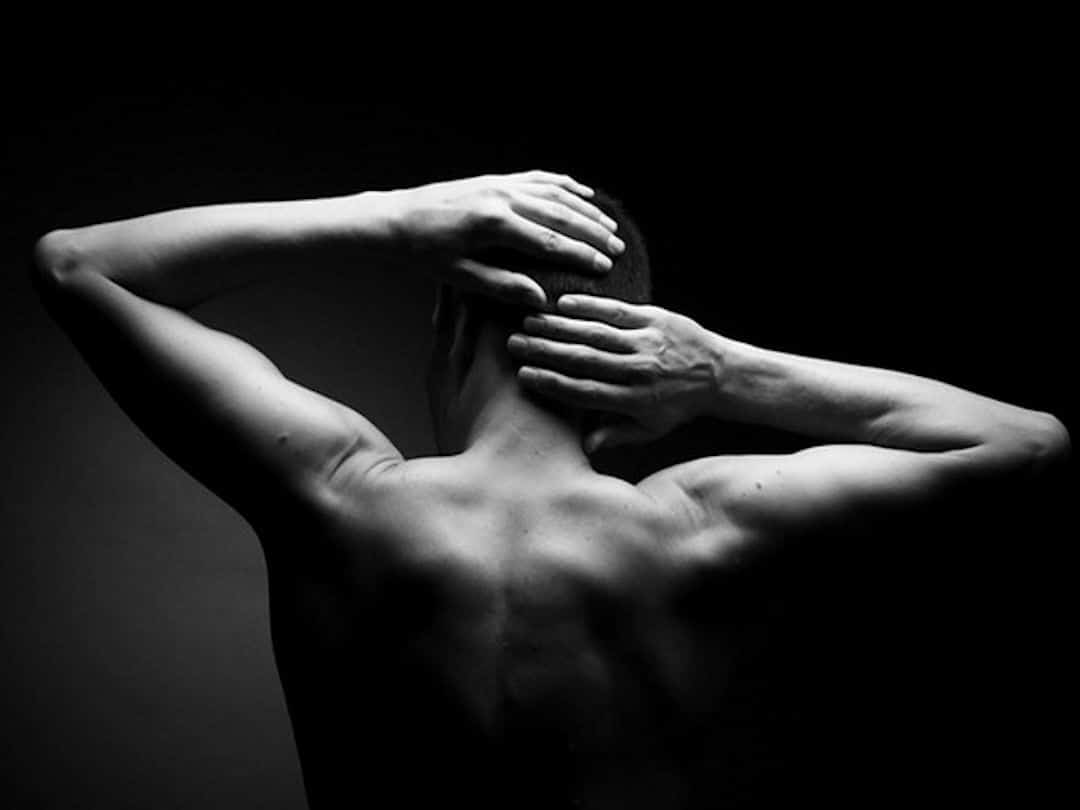
My (almost) phobia for cleanliness stems from childhood experiences of being forced to only have one bath per week.
Being challenged
I like goals… goals that are smart… specific goals… goals that I can measure. I like goals that are (a little bit) difficult but that I can attain, goals that improve me as a person and goals that have a defined end. I am competitive… but way less than I used to be in my twenties or thirties.
I enjoy robust conversations about topics that I don’t necessarily agree with. I like that Sandra and I don’t always agree on the procedure or the process to achieve an outcome. We do things differently, and she challenges how I do things. Some may call it arguing ;-). But I don’t want people to be Yes people around me.
I did not readily accept being questioned about why I do what I do. In the military, you are taught to follow orders. But we know from history that not all orders are good, and not all have been obeyed, nor should they be.
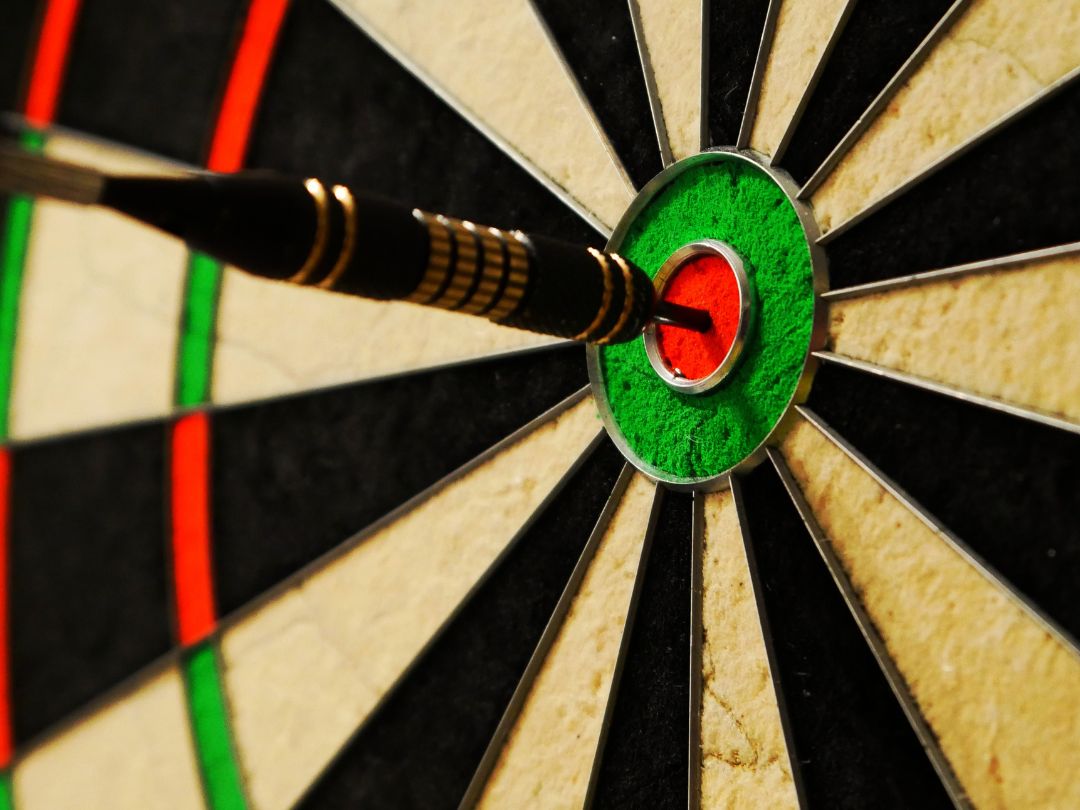
I need a measurable achievable goal
Going to bed at night being grateful
I am grateful for being alive, for being healthy, for the opportunities I have, and for living the life I want.
Every night, before Sandra and I go to sleep, we ask each other a simple question: What were you grateful for today? This powerful habit helps us appreciate what we have, what has been, and who we are and sets us up for a good night’s sleep.
Some things we have recently been grateful for include:
- Spending time with our (grand)children
- Going for my run in the mornings
- Having a nice dinner that the other made
- Being healthy and sharing experiences with each other
- Enjoying a hike on a sunny day.
As you can see, we are grateful for everyday things that are often taken for granted. Being thankful and acknowledging the good things that happened that day puts our safety, health, and happiness into perspective (and makes even a seemingly sh#tty day shine).
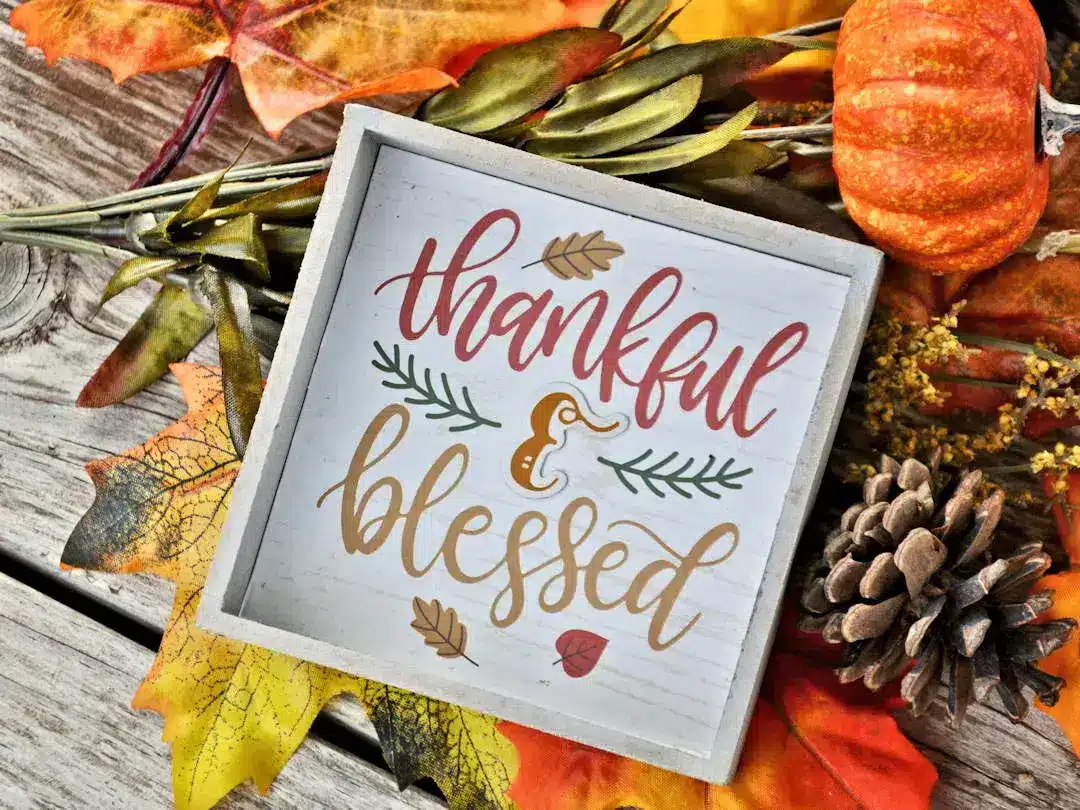
While we have worked hard to build the life we share, we also know how privileged we are (and we appreciate what we have every day)
Music
My music library contains ~6,000 songs of a variety of different genres. When I run in the morning, I listen to my music on shuffle. The music’s tempo (beats per minute) sometimes helps me run faster. Sometimes, it makes me feel more reflective or just plain happy.
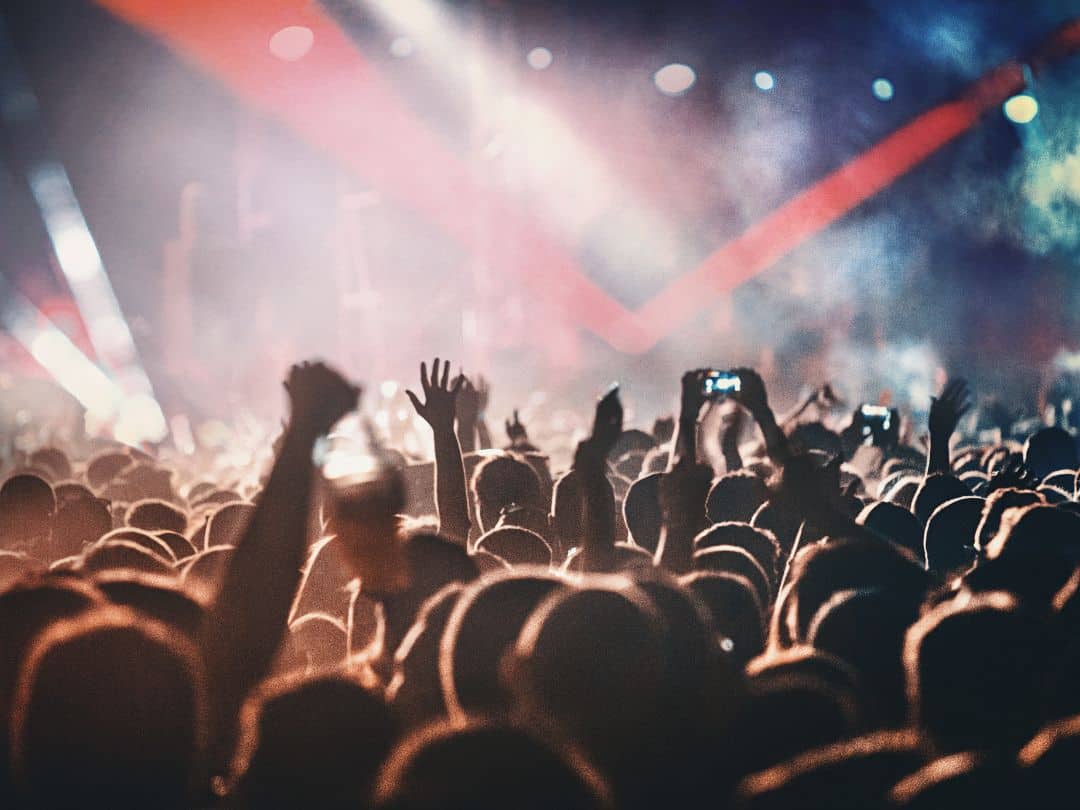
I was only 17 when I went to my first concert - Simon and Garfunkel at Western Springs, New Zealand in 1983
My memories
If there’s one thing our travels have taught me, it’s that the most treasured moments in life can’t be boxed or bought. They’re felt in the stillness of a sunrise on my runs, the laughter shared over a homemade meal with a host, and the awe of discovering a place for the first time.
One experience that left a lasting imprint on us was our exploration of England’s Lake District. I didn’t just tick sights off a list—Sandra and I immersed ourselves. From the rugged trails above Buttermere to quiet moments on Ullswater’s shoreline, it was the kind of experience that reminded me why we travel the way we do. There was no rush, no fuss, just a connection to nature, each other, and something bigger than ourselves. (You can read more about it here.)
I can never replicate memories like these, but we can gift the opportunity to create them.
That’s why, when creating memories, we steer clear of things destined for the back of a cupboard. Instead, I opt for experiences that enrich me. A service like Tinggly, for instance, lets me choose from hundreds of meaningful adventures across the globe—on my terms. Whether it’s a foraging walk in Slovenia or kayaking in New Zealand, I get to collect memories, not more stuff.
And for me, that’s the best part of experiences: one that leaves no trace except for a story worth telling.
As you can see, none of the items above are material items I need to carry in my travel pack.
What truly adds value to your life?
Before you go, if you liked our article and found it helpful, we would appreciate it if you could share it with your friends and family via the Share buttons below. Even better: Leave a short review on Trustpilot or Google, which would help us further build our online reputation as a (trustworthy and helpful) travel and lifestyle blog.

